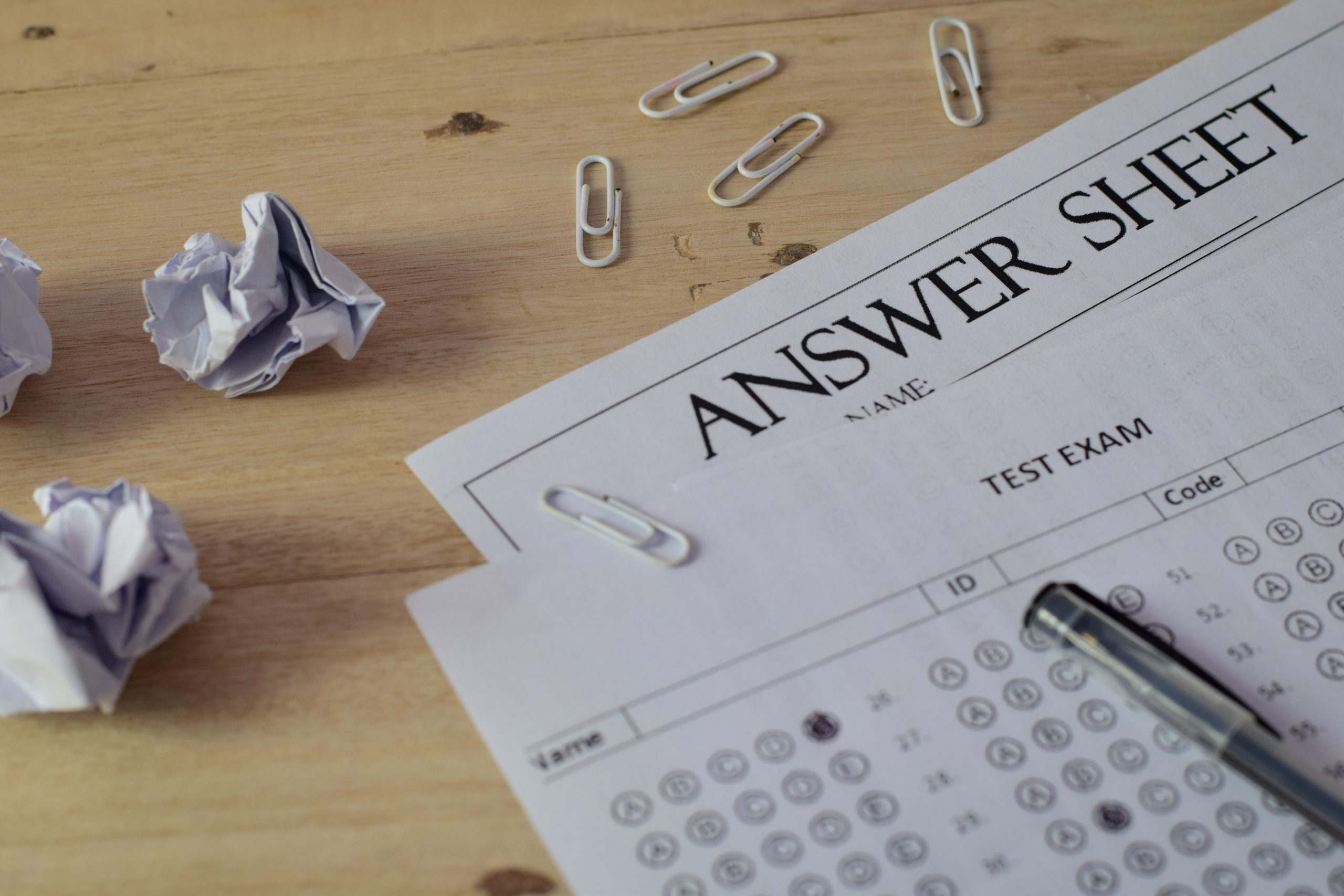In the 20th century, mock examinations came into existence and were regarded as practice tests taken before an official examination.
The debate of whether mock examinations test students’ knowledge has been on for years. While some parents and students believe it evaluates understanding and knowledge before a final test, others think it’s unnecessary.
This article will discuss how mock examinations examine students’ stand academically.
Let’s begin.
What are mock examinations?
Mock examinations are trials that help students prepare for actual examinations. They are structured to show students what to expect in a forthcoming official examination. Ultimately, the goal of a mock examination is to increase their performance in a standardized test.
How do mock examinations test knowledge?
There are specific ways a mock examination measures students’ progress before an official test. Let’s examine them below:
1. Revision strategy
Mock examinations help students recollect what they’ve been taught. Through relevant questions, they can discover which aspect of a topic they remember and what areas they need to re-read for proper understanding.
By asking related questions on what has been studied, learners can discover where they stand and prepare better for the forthcoming examinations.
2. Provides practice under examination condition
Research reveals that over 75% of students have experienced examination-induced stress and anxiety. Additionally, 82% of teachers think examinations have the biggest impact on students’ mental health.
The pressure and stress often come from anxiety on what to expect in the examination hall. Since they do not know the questions to anticipate, they become apprehensive about their studying habits, lose concentration, and are overwhelmed with stress. As a result, they study ineffectively, leading to poor performance.
Conversely, mock examinations give students insights into what to expect in the examination hall. Moreover, since the patterns mimic the real tests, they are less apprehensive because they know what to prepare for.
Students can attempt questions under an examination environment, identify their shortcomings in their approach to questions and time management, then know where to improve against the close examination.
3. Helps students identify topics that need attention
Mock examinations are how learners discover the issues that need more attention. With sample questions, they gain insight into teachers’ perspectives and gauge the topics tutors are likely to focus on in the approaching examinations.
This gives them a scope of what to study and identifies areas that need more attention. Consequently, they can avoid studying out of context and focus on areas that matter.
4. Allows students to adopt working strategies
If a student has been using an existing strategy to study, they know if it’s effective with how well they answer questions during mock examinations. Conversely, if their approach is ineffective, they can devise new, practical strategies to boost their preparedness. For example, if they realize they’ve been focusing on less relevant topics, they can shift their attention to pertinent subjects that are likely to show up during the official examination.
5. Time-management
During mock examinations, students evaluate their speed. Therefore, they know the sections that require more time, and find ways to increase their pace during the real test.
Additionally, mock tests familiarize students with possible questions, so they are easier to answer during official examinations. As a result, they spend less time on questions and finish within the allotted time.
Best tips to prepare for a successful mock examination
It’s critical to excel in mock examinations, as it often improves the chances of succeeding in official tests. Below are ways parents can prepare efficiently:

1. Create the right study environment
The study environment is crucial to a productive study time. Therefore, it is essential to segregate a suitable space for learners to read efficiently. A spacious, quiet, and organized study area will facilitate learning. It prevents distractions and allows students to focus during their reading periods.
2. Study regularly
Consistency is crucial to studying effectively for mock examinations. Hence, students should develop a regular reading habit to prepare successfully. They can do this by creating a timetable as a guide. This will help them designate specific periods and allocate topics to study for each interval.
3. Make studying fun
Students are more likely to stick to their schedule if it is engaging. Therefore, make reading fun by using various resources to learn and revise. For example, flashcards, stickers, and notes can make studying interactive. Additionally, encourage breaks to prevent fatigue and boost concentration.
4. Prioritize rest
Adequate rest is essential for students to recollect what they’ve studied and stay alert during mock examinations. So, ensure a relaxed state of mind by allocating enough time for sleep. As a result, students can think more clearly and be in the best mental state to excel in their examinations.
Conclusion
Mock examinations are the best strategy to help students measure where they stand. It places them under examination conditions, evaluates their efforts, and identifies improvement areas. To find out more about mock examinations, contact us at Explico. We are an online learning platform using assessment-based learning to meet academic needs.


